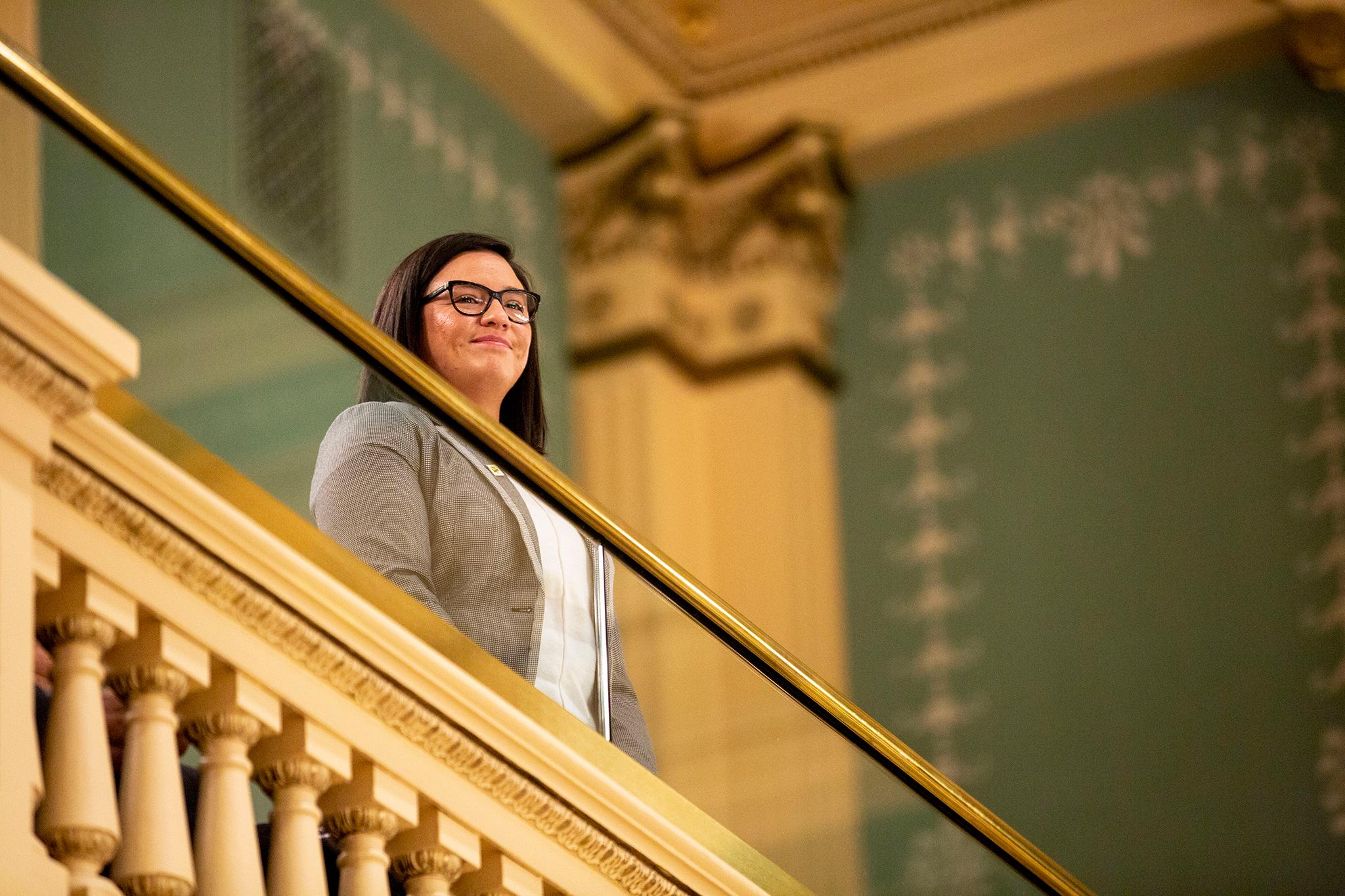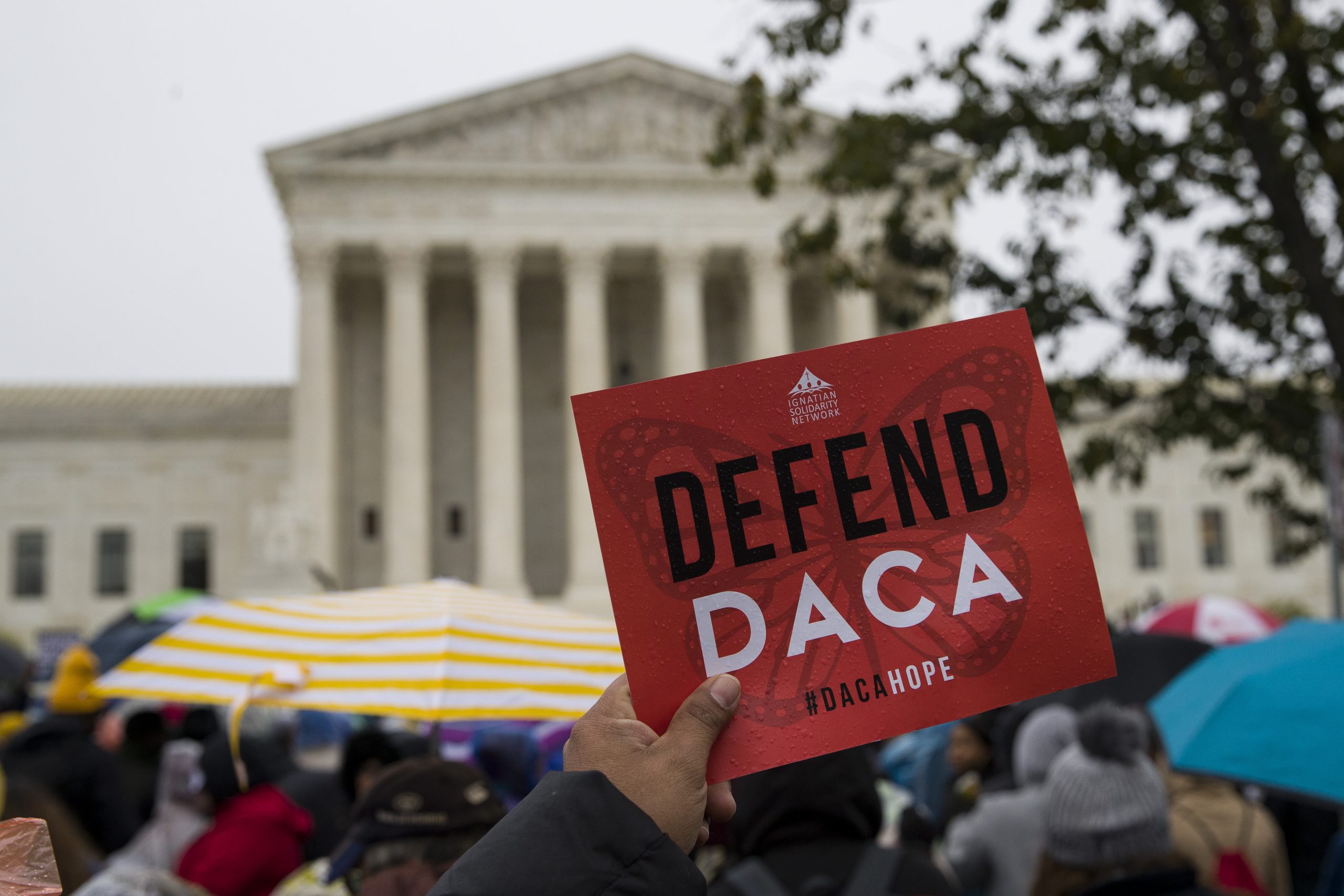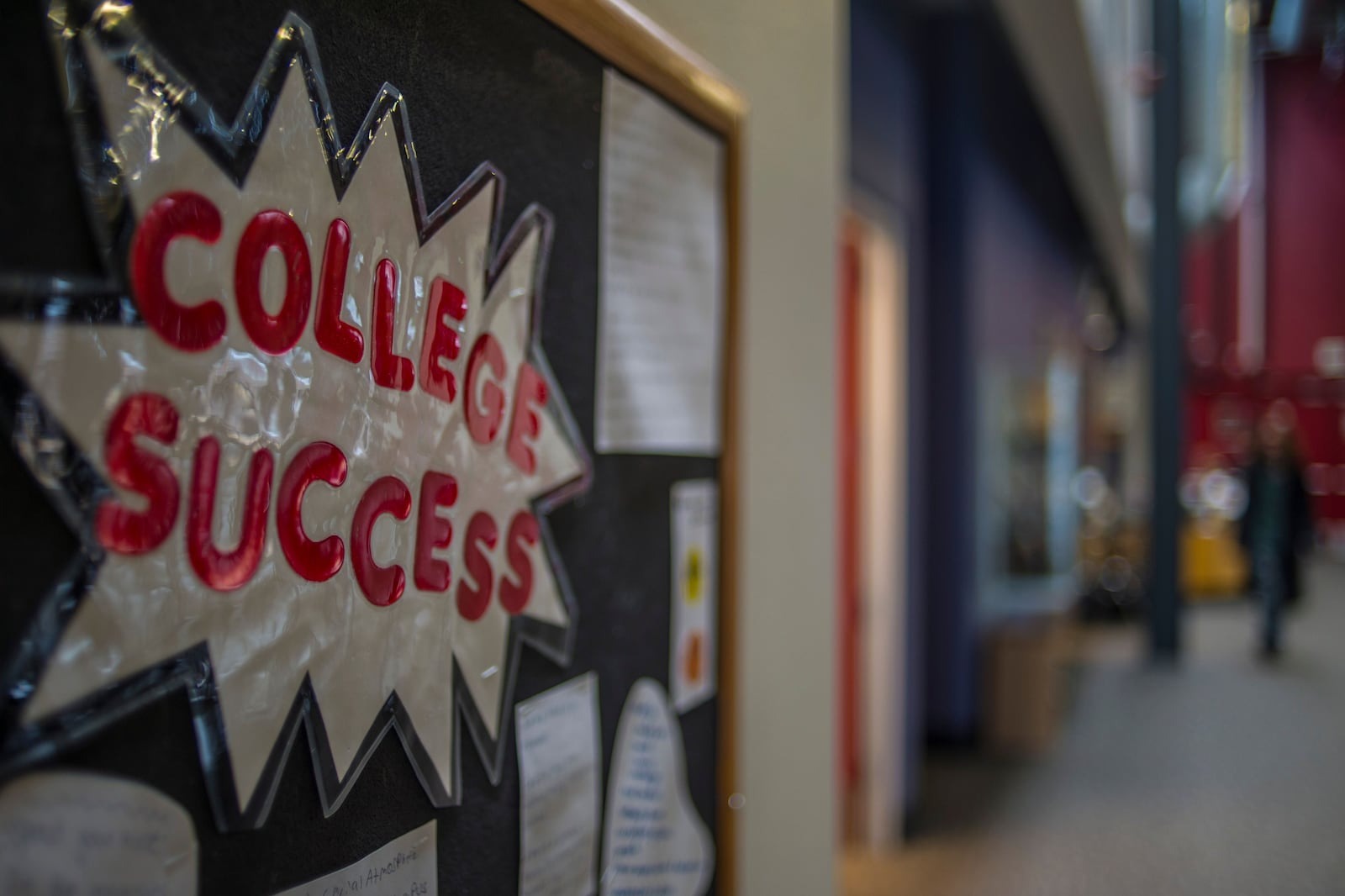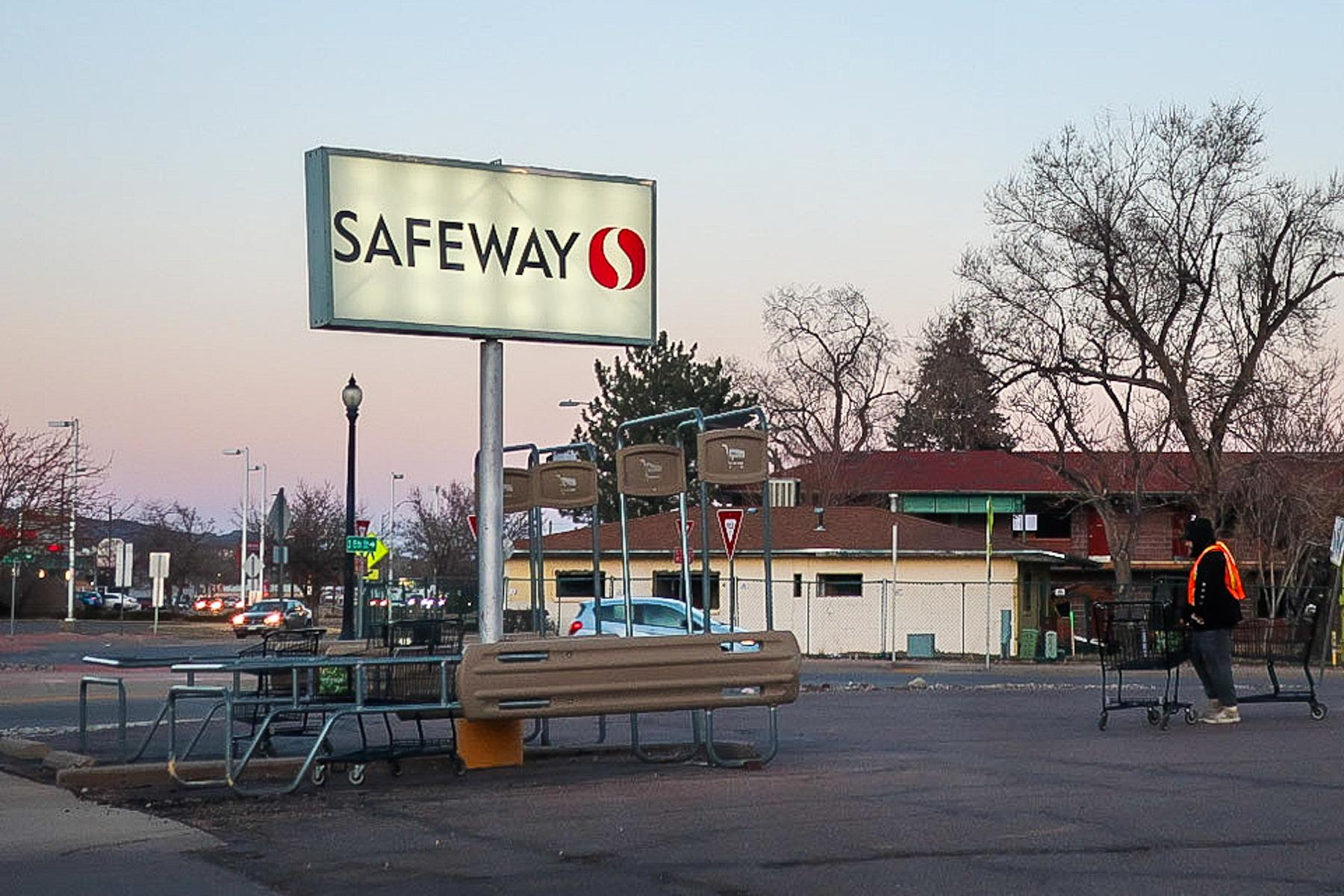
Marissa Molina is one of more than 18,000 immigrants in Colorado who have been granted temporary protection from deportation through DACA, the Deferred Action for Childhood Arrivals program, which President Obama created 10 years ago today.
She became the first DACA recipient appointed to a state board in Colorado in 2019, as a trustee of Metropolitan State University of Denver. Molina also currently works as the state immigration director for the political organization FWD.us.
But not that long ago, Molina said, she almost dropped out of college because of her immigration status.
It was 2012, and Molina was finishing her sophomore year at Fort Lewis College. She said she came home from school that year, frustrated that her lack of legal immigration status would mean all the money her family put into school – including time she spent cleaning houses with her mom to pay tuition — would not end up being worth it.
“I couldn't see a way for me to pay back my parents for their enormous sacrifices if I didn't have the ability to work, if I was going to graduate with a degree that would look pretty on a wall, framed, but mean nothing without that Social Security number,” she said.
DACA was created that same summer, and Molina said it changed everything for her. Later, she got her first student loan. She said she sees similar stories now as a trustee at Metro and in her work at FWD.us, and that’s why she’s in Washington, D.C. this week advocating for lawmakers to offer a permanent pathway to citizenship for DACA recipients – which remains elusive 10 years after Obama created what was supposed to be a temporary solution for young immigrants.
Molina spoke with CPR News host Andrea Dukakis about the DACA anniversary, and what’s still missing for young immigrants brought to the U.S. as children.
This transcript has been edited for length and clarity.
Andrea Dukakis: To be eligible for DACA, you had to be established in the U.S. by 2007, so the youngest someone can be to get DACA now is 15. Given that, at this point, how old are people who have DACA status, and generally what's going on in their lives?
Marissa Molina: These are folks who are now starting families, people who are in their early 30s, buying their first homes and really building out their lives in a very different way than when we were talking about Dreamers 10 years ago before DACA, when we were still going to school, trying to figure out how to get to college, pay our way through college. And now it's a very different conversation. These are adults making their full lives in this country.
Dukakis: President Trump tried to end DACA, though the U.S. Supreme Court preserved the program in 2020. That has not been the only legal challenge the program faced. What's the current state of DACA?
Molina: Currently folks who have had DACA in the past can continue to get their renewal applications. But if you are a person who is a new applicant, you are not able to currently have your application processed by USCIS, because a federal judge ruled in 2021 that the program was unconstitutional, and he ended the ability for new applications to be processed. Now that case is going to an appeals court, which is scheduled to hear the case July 6, and that court will evaluate whether DACA is constitutional. That court’s ruling could end DACA renewals.

Dukakis: You’re in Washington, D.C., this week with other Dreamers. What’s your mission there?
Molina: We want to make sure that folks have front and center the successes of the DACA program, but then have a real clear sense of the limitations of the program and the fact that 10 years later, we are still waiting for the United States Congress to make permanent legislation to protect Dreamers and DACA recipients. And I think what's important for us to note, too, is that as you mentioned, DACA recipients are now older. The program had a very clear cutoff date, which means that now we have a whole new generation of Dreamers who do not have DACA, and are undocumented. Unlike DACA recipients, undocumented students don't have deportation protection. That makes it challenging for them to go out into the workforce and contribute those skills that they have worked so hard to develop.
Dukakis: As a trustee at Metropolitan State University of Denver, you have a firsthand look at what DACA has meant to help people get access to higher education. What have you seen?
Molina: I truly feel honored and privileged to have the opportunity to serve in this role at MSU Denver, and just recently I had the opportunity to speak at Dreamer graduation, which pulls together students who are Dreamers and DACA recipients from the Auraria Campus. One woman who spoke said DACA didn’t come until many years after she had graduated high school, but it gave her the opportunity to go back to school as an adult.
For me to see the pride of the families, the parents who were wiping away tears, I thought about the lives that have been touched by the program being so much more than just the 14,000 Coloradans who have DACA, but thinking about their families, thinking about their kids and what that now means for the trajectory of those families.
Note: In Colorado, immigrants are eligible for in-state tuition pursuant to a 2013 law.
Dukakis: People may not realize that it costs money to apply for DACA and that the status only lasts two years, unless you renew it. Some families choose to try to get an attorney to help them with the application, as well, which would increase the cost. Do you think cost has prevented people from applying for DACA or keeping it up to date renewing it?
Molina: I absolutely think so. Coming out of the pandemic, there is more financial hardship for some families. A DACA recipient may be a parent, and there are all these added costs that can create challenges for people. So many different community organizations have been willing to provide free legal aid support as needed, and there have been scholarships available to folks, so there is definitely some community support, and there's always room for more.









